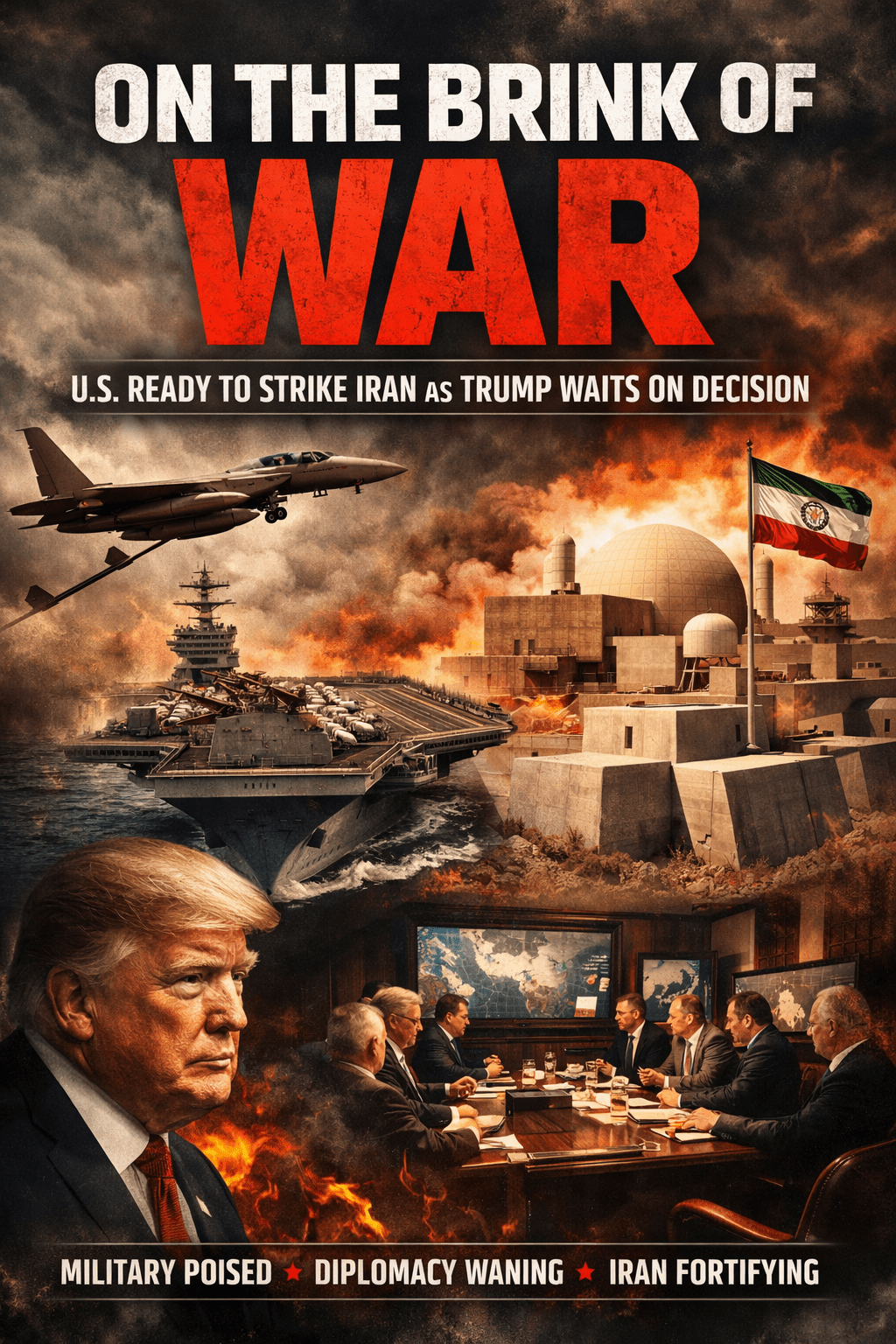It’s become fashionable in some quarters to suggest the three-year-old Myanmar civil war might be solvable if only more people remembered that it was taking place.
Julie Bishop, a former Australian foreign minister appointed the UN Special Envoy on Myanmar in April, recently gave her first address to a UN General Assembly committee, in which she warned that “the Myanmar conflict risks becoming a forgotten crisis.”
One might enquire by whom this conflict is apparently becoming “forgotten.”
One can hardly say with a straight face that it has been forgotten by the 54 million people of Myanmar, nor by the 3.1 million people who have been displaced, nor the million or so Rohingya who must still live in hell-hole refugee camps abroad because they know the military junta wants to finish the genocide it started years ago.
It is certainly not forgotten by the people who matter the most.
But the claim also invites the question: Would there be any improvement if the conflict was less forgotten?
Frankly, if any Western democracy or the UN wanted to intervene, they’ve had several years to do so.
If ASEAN wanted to stop play-acting at mediation, it’s had since April 2021 to carve some teeth into the Five-Point Consensus, its unrealized peace plan.
Post-colonial settlement
This conflict has been raging since February 2021, though some might say, quite accurately, that it has actually been waiting to erupt since the 1950s.
Whereas nearly every other Southeast Asian country underwent something like a civil war or democratic revolution after gaining independence from European colonial powers, Myanmar never did so. That process was left stillborne by the military coup of 1962.
Because the military has shown that it cannot be trusted to share power with a civilian government, only now, do the people of Myanmar have the possibility of throwing off the foul despotism that has enchained them throughout the post-colonial era.
RELATED STORIES
newsletter. The views expressed here are his own and do not reflect the position of RFA.
We are : Investigative Journalism Reportika
Investigative Reports
Daily Reports
Interviews
Surveys Reportika



